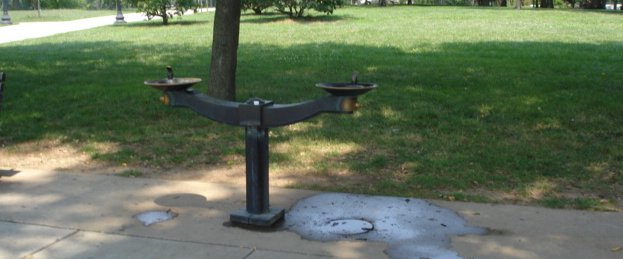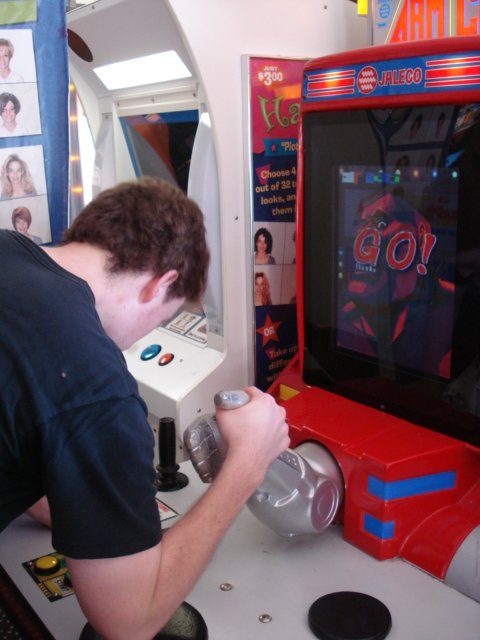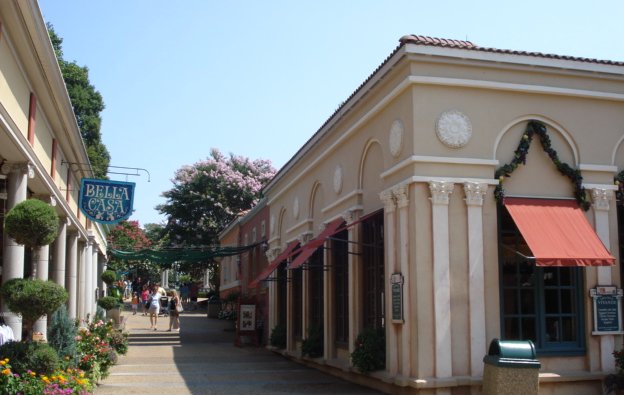NPR featured a story this morning about a couple of people who were bitten by a non-poisonous snake at the Renaissance Festival in Maryland. Stop the presses! Unfortunately, this kind of “news” is becoming more common. I suppose it is a kind of human interest story, but it feeds the general impression of the world as a dangerous place.
I went down to the farm a couple of days ago. I picked up lots of chiggers and got stung by a hornet that managed to get under my work glove. I killed the hornet and scrapped off the chiggers. In the spring, I often pick up ticks. I read in the paper that you are supposed to save the tick and show it to your health care professional. Who goes to the doctor for a tick? I would have to go every week and he would have a complete collection of ticks. Are hornets, chiggers, ticks and snakes dangerous and annoying? Yes, they are. But you elevate them to the level of a major risk, you cannot do very much.
When I was a kid we used to play in a swamp in back of Nordberg and Pelton Steel mills. This was not a natural swamp. When we followed the stream to its source, we discovered it issued from the factories. I suppose by today’s standards, we were playing in the toxic waste dump. That explains why the water would burn your skin a little. We were too casual about those things back then. But we have overcompensated and overreacted now. Today if somebody finds a little battery acid they cordon off the area and men in moon suits go in to decontaminate it. They evacuated a local high school a while back because somebody broke a thermometer and some mercury spilled on the floor.
Poison is defined by the dosage. Most life enhancing medicines and vitamins can harm or kill you if you take too much, which means that most – in the wrong dosages – are poisons. Many things have threshold levels. Below a certain level, they are harmless or even helpful; beyond it they are dangerous or deadly. We too often make the error of extrapolating that if something is dangerous in quantity even a little must be harmful. This is wrong. For example, arsenic can occur naturally in spring water. Arsenic is a deadly poison, but you can drink this water your entire life w/o suffering any consequences. If you really analyzed it, almost everything we eat and drink is full of poisons. Plants evolved with them as a means of defense. We tolerate or even benefit from all those chemicals found in apples or pears.
As our ability to detect risk has improved, we have become a little hysterical about it and have begun to avoid low probability risks to the extent that it impacts our fulfillment in life. Ironically, our risk aversion creates a whole new set of risks.

I took this picture in Germany. They still have the old stuff sometimes.
Take the example of playground equipment. I don’t see how kids can have much fun at the playground anymore. Everything is low down, easy to climb, slow paced or stationary. I remember the high metal slides that burned your ass on a hot day or those merry go rounds that you could spin so fast. Teeter totters? They are gone. So what happens? Some kids push into even riskier things. Most just learn to sit around and get fat playing video games. In the long run, you are a lot better off breaking a leg when you are eleven than staying fat your whole life. Which risk would you prefer? There is not risk-free option. Some problems just take a longer time to develop.
I assume snake-bit couple will make a full recovery. Now I am sure our society will take added precautions to make sure such a tragedy never happens again.




























